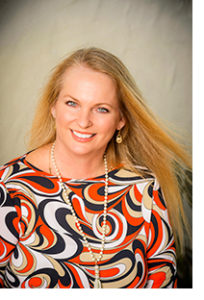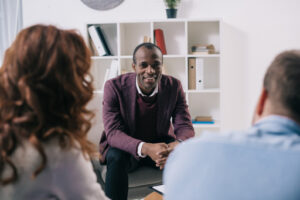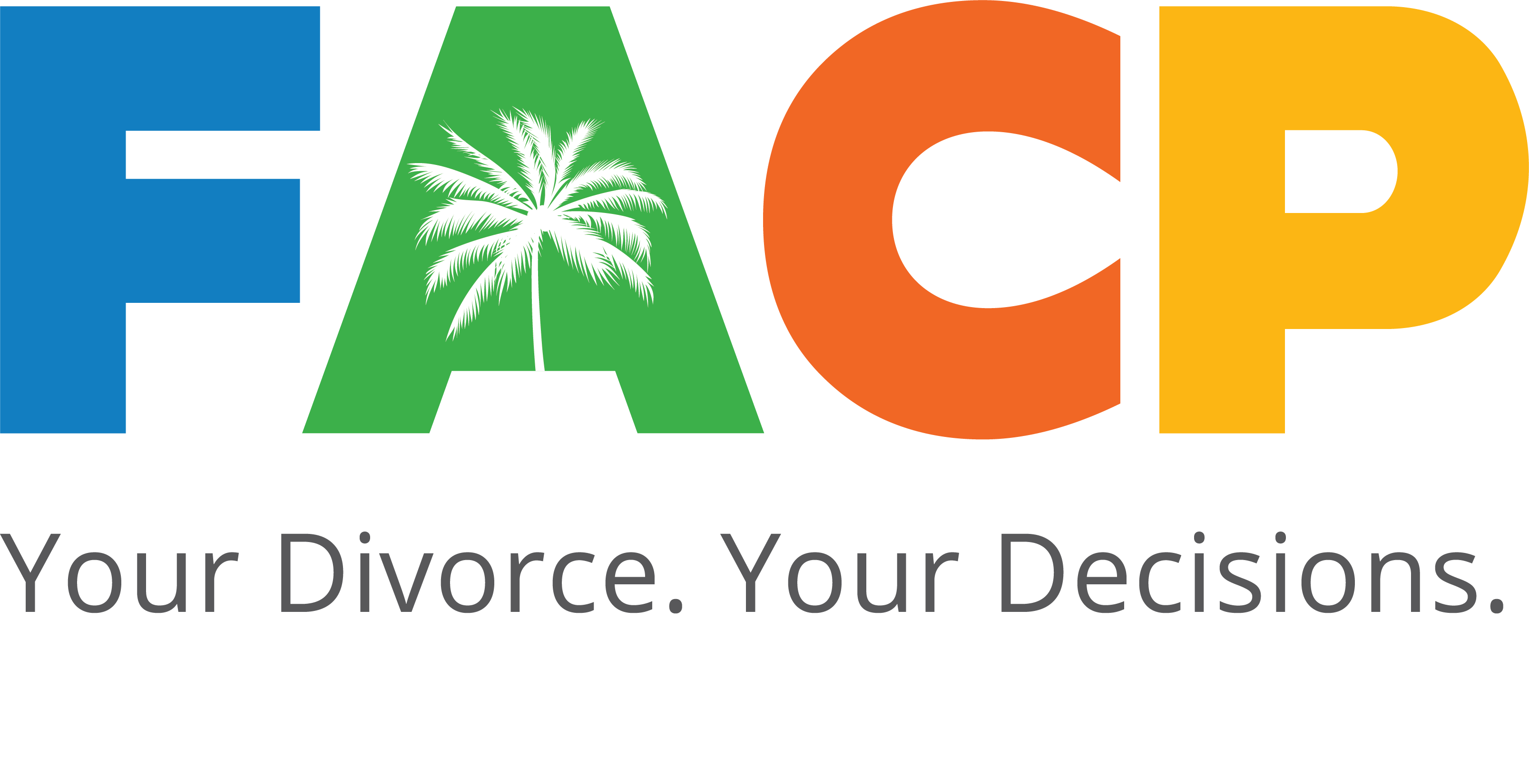Collaborative Spotlight: Brenda London
Collaborative Family Law dates back to 1990 and it serves as an alternative to adversarial divorce. It’s gaining popularity nationally, as well as internationally.
In this article, we are interviewing Brenda London, recognized as one of the top collaborative lawyers in Florida. She is located in Winter Park, FL, in the Orlando area, and has been in private practice in Florida for over two decades.
- Brenda’s professional focus is on Family Law including Collaborative Divorce. Over the span of her legal career, Brenda has worked as a Guardian ad Litem with hundreds of children, often assigned difficult cases concerning neglect and abuse. She has received several awards and recognitions for her Pro Bono work as a children’s advocate.
- Brenda is also an adjunct law professor at the Barry University School of Law where she teaches Collaborative Law and serves as the Director of The Barry Collaborative Family Law Clinic.
Brenda, can you explain the difference between the Collaborative Law process and other processes such as litigation and mediation?
Collaborative Law is a process that is clearly defined. It requires us to say right from the beginning, “We are not going to go to court, and we are going to sign an agreement that says we are not going to go to court.” That contract is called a Participation Agreement. It is signed by the clients, and acknowledged by the collaborative interdisciplinary team, which is made up of two attorneys, their neutral mental health professional and neutral financial professional.
The Collaborative Law process is defined by: the signing of the Participation Agreement, the bringing together of the team, the ability to say we’re not going to court… and by the way, if at some point one side decides they want to get out of this process and go to court, none of this team is going to be present to help. The Collaborative process will terminate and the adversarial process will start from the beginning. Our collaborative team will only help within the collaborative process. This creates motivation on everyone’s part to find common ground, to get it done.
When people reach a decision and know that divorce is inevitable, they often ask themselves, “What is the healthiest way for our family to get through this? Is it to start attacking each other?” And attacking is what the adversarial process demands of us. Even if we use some of the other tools we have, like mediation in that litigation, it is still an adversarial process.
Within the Collaborative Law process, we are not adversaries. Although we advocate for our clients, we also model the behavior patterns, the communication patterns, the parenting patterns, which this family will need to use in order to transition well, into that post-divorce family.
The litigation model is the exact opposite, as it is an adversarial process. In Collaborative the family has a team to help them resolve issues and heal. But it is hard work! Everything worthwhile is going to take hard work.
For years, I practiced law using the litigation model, but I no longer do so. At the time, I was a very comfortable with that process. I knew my role very well. My role was to advocate at all cost for my clients. My job was to get at all costs, what they desired, what they felt was best for their family.
But in the end, even if my clients got what they wanted, that wasn’t the end. They would end up back in court again and again and their family deteriorated. They had issues that had never been dealt with when they were married, so imagine how things went after they were divorced. Not so well.
How does Collaborative Law benefit families?
The damage done through the litigation model is huge. The work to heal that family, to transition that family to be healthier than when they started the divorce process, is really what the Collaborative Law process does. That’s the power of it.
Litigation doesn’t deal with emotions at all. It deals with business of divorce. It doesn’t care about the kids… it doesn’t care about your emotional stability… it doesn’t really care about your financial security, either. It’s just going to get you to the end result, which is to get divorced. In the meantime, don’t worry about the destruction of your family because you got divorced, you got what you wanted.
Well people demand and need more than that. They need help in having the difficult conversations they weren’t able to have during the marriage. They need a safe place to deal with their future, to examine, “What is our future going to look like? What are our goals as a family even though we are going to be separate?” People are often excited to find they have shared goals and don’t even realize it, because they have lost the ability to communicate.
In the Collaborative Law process, there is a mental health neutral to facilitate these difficult conversations, to help people work through the emotions, the concerns. People are economically and emotionally vulnerable, concerned about their future. It’s scary! The fear involved in divorce, like any big change in your life is massive.
Having the mental health professional there is tremendous to:
- Deal with children’s issue, to help develop a parenting plan
- Ask the hard questions that need to be asked in order to make the difficult decisions that need to be made for the family
- Paint a picture of the future, which people often don’t even want to deal with, because they are so busy trying to get through the emotions of divorce.
The mental health professionals don’t offer counseling to the parties. They are the keepers of the process. They not only keep the clients on track and help them deal with their emotions, but they keep the attorneys on track as well. I’m not too proud to say sometimes I get caught up emotionally. I know the look given by the mental health professional, and so appreciate having to hold that line, having to do my best work.
The financial neutrals are all about education:
- Compile and summarize financial data to educate this family
- Help the family get emotionally and financially healthy. (And because emotions are so entangled with finances, it often seems like the financial professionals have a mental health background in the way they approach issues!)
- Help with imbalances when one spouse knows more than the other about the finances, when one needs more education to be able to handle their future.
Then there is always that magic moment in a case, when we all look at each other around the table and think, “Wow, this family is beginning to heal and to understanding what their future can look like.”
The benefit of not destroying the family makes it possible to share important moments together like birthdays, graduations and weddings. Families change shape and size all the time. Part of getting through this in a healthy way, is keeping focus on the children. The children can serve as a process anchor.
When people say things that are not exactly kind or productive for their family, the question which brings people back is, “If your children were sitting here right now what would they think about what you just said or did? Would they be proud of you, or think you hurt the family by doing that?” It’s very powerful to bring it back to the children.
The children will be the ones to tell the story of their parent’s divorce and how it affected them. They are going to tell it to their spouse, to their children. I see this all the time when I teach law students. Many of them have the story of their own parent’s divorce in their mind today.
When children carry the scars of divorce, family systems continue to break down and all our communities suffer. The Collaborative Law process is definitely part of a healing process. You don’t have to have a complete breakdown of the family system because of divorce. It is a great time to actually rebuild that system and make it even stronger and healthier.
Brenda, you are an adjunct law professor at the Barry University School of Law where you teach Collaborative Law. Can you discuss your experience mentoring the next generation, and tell us about the Barry Collaborative Family Law Clinic.
How great when you have a plan in your mind, you bring together wonderful like-minded people, and this plan comes to light! How terrific to have this wonderful clinic to serve the population that can’t afford Collaborative Law on their own; people who live below the poverty level, but they need help, they have family issues, they have financial and emotional issues.
We had the idea for a Collaborative Family Law Clinic. It was in the planning stage for a few years as we talked with some great people at Barry University who really promote Collaborative Law and experiential teaching. Suddenly, I realized I would have to take time away from my practice to teach; hadn’t thought about that. I agreed to do it, yet I had no idea the impact it was going to have, not only on our community (which has been so positive, and I am so excited about that), but for me as a practitioner.
I have been benefited so much, beyond what I give; the ability to talk with these young lawyers who are struggling with being a lawyer, with knowing if they are going to do Family Law or Criminal Law or whatever they are going to have to do to survive, because there are so many lawyers coming into the professional field. These young lawyers are trying to get guidance, and the doctrinal law that they are learning is not enough.
Having a clinic in which they are representing clients, talking with them about some of the hardest things in anyone’s life… and then they are helping! It’s like the light bulb goes on. They start to feel a sense of purpose.
Students are mentored by attorneys, mental health neutrals, and financial neutrals which volunteer to come in and participate in these cases. It’s become quite the community collaboration.
Dr. Teresa Purnell and I began talking about it. Then we approached Dean Diaz at Barry University, and Marsha Freeman, a family law professor there. They were very open to it, and that’s how the dialogue got started. We wanted to make the Collaborative Law process available to people who couldn’t afford it, so it could continue to do more good work.
And it is so wonderful and fascinating to watch the students grow through their work in this clinic. You can sit in front of the classroom and explain the process, but applying it, understanding it, having it become part of your brain… that takes work and time.
We recently had a case where everything went wrong. The students were surprised that I was so pleased. The students were pushed to act and speak in a way they were not ready to do. They struggled to get there, and they did! The learning was huge, and the clients were so grateful. So far all our clients have been so grateful.
Students have such clarity after participating in the class and the clinic. We hear them say, “I honestly didn’t know about this area of the law… I didn’t know about this potential for clients and I didn’t understand that my role as a lawyer didn’t have to be a destructive one. That the ancient role of healing the moral fiber of a community was one I could do.”
There is a lot of self-awareness as students develop a sense of purpose, acquire a sense of hope. In class we talk a lot about attorneys modeling the healthy behaviors we want for our clients. The teaching aspect is great. Drilling down into what you do, to a very elemental degree, reminds you of why you do what you do. This is the benefit I get from this.
The program is very well received. At first, students didn’t know what Collaborative Law was, but word spread quickly! We now have a waiting list of students to get into the class and clinic. And we are having to get better at fielding all the calls from people who want to be clients.
What is your vision for Collaborative Law?
The court system was never supposed to handle this, but there was no other place to put it when divorce started happening. And now divorce occurs in so many families; we need to stop treating it like a criminal aspect. We need to see divorce as an opportunity to rebuild the family into something even better than it was before.
For more information about Collaborative Law, you can visit the LinkedIn profile of the Collaborative Law Counsel of Florida.
And if you’re collaborative professional and you’d like to be interviewed, then contact Gladys Marie Clancy, 772-485-5597 or email Gladys (at) moveonwithoutbitterness (dot) com
Author: Gladys Marie Clancy is a communication specialist working with couples who are considering or have already gotten divorced, to help them move on.






